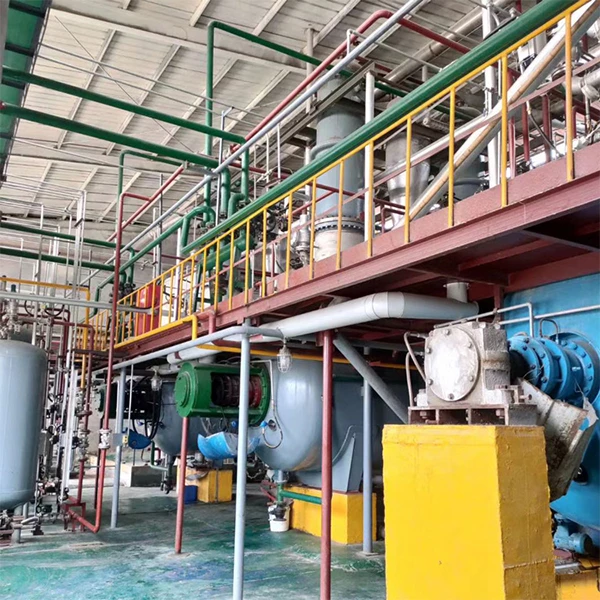HPMC for Industrial Applications A Comprehensive Overview
Hydroxypropyl Methylcellulose (HPMC) has emerged as a critical substance used across various industrial sectors owing to its unique properties and versatility. This semi-synthetic polymer is derived from cellulose, a natural polymer, and is widely used in industries such as construction, pharmaceuticals, food processing, and personal care products.
HPMC for Industrial Applications A Comprehensive Overview
In the pharmaceutical industry, HPMC is utilized as an excipient in various formulations. Its ability to form gels allows it to serve as a binder in tablet formulations and a thickening agent in liquid medicines. Moreover, HPMC is widely used in the production of controlled-release drug formulations. It helps to regulate the drug release rate, ensuring that the medicinal compound is delivered in a consistent manner over time. This is particularly beneficial in enhancing patient compliance and improving therapeutic outcomes.
hpmc for industrial

Furthermore, HPMC has proven advantageous in the food processing industry as a food additive. It is commonly used as a thickener, emulsifier, and stabilizer. The ingredient is recognized by the Food and Drug Administration (FDA) as safe for consumption and is often found in products such as sauces, dressings, and ice creams. HPMC enhances the texture and mouthfeel of food products, providing a creamy consistency and improving overall consumer satisfaction.
In the personal care sector, HPMC serves as a crucial component in the formulation of various beauty and hygiene products. Its thickening and film-forming properties make it an ideal ingredient in shampoos, conditioners, lotions, and gels. HPMC not only enhances the stability and application of these products but also assists in moisture retention, providing benefits for skin and hair health. This versatility underscores why HPMC is often labeled as a key ingredient in many cosmetic formulations.
The eco-friendliness of HPMC also adds to its industrial appeal. As a cellulose derivative, it is biodegradable, making it a preferable alternative to synthetic polymers that can contribute to environmental pollution. Industries and consumers increasingly emphasize sustainability, enabling HPMC to fit seamlessly into eco-conscious manufacturing practices.
In summary, HPMC's unique properties and multifunctionality have positioned it as a valuable asset across various industrial applications. Its capabilities in enhancing product performance while remaining environmentally sustainable make it a desirable ingredient for manufacturers in an array of sectors. From construction to pharmaceuticals, food processing, and personal care, the demand for HPMC continues to grow. As industries continually seek innovative solutions that uphold quality and environmental responsibility, HPMC will likely remain influential in shaping the future of these fields.
-
Rdp Powder: Key Considerations for Wholesalers in the Building Materials IndustryNewsJul.08,2025
-
Key Considerations for Wholesalers: Navigating the World of Hpmc - Based ProductsNewsJul.08,2025
-
Hpmc Detergent: Key Considerations for WholesalersNewsJul.08,2025
-
Key Considerations for Wholesalers: China Hpmc For Tile Adhesive, Coating Additives, Concrete Additives, and MoreNewsJul.08,2025
-
Crucial Considerations for Wholesalers: Navigating the World of Construction MaterialsNewsJul.08,2025
-
Key Considerations for Wholesalers Sourcing Additive For Cement, Additive For Concrete, Additive For Putty from Additive Manufacturer Shijiazhuang Gaocheng District Yongfeng Cellulose Co., Ltd.NewsJul.08,2025




